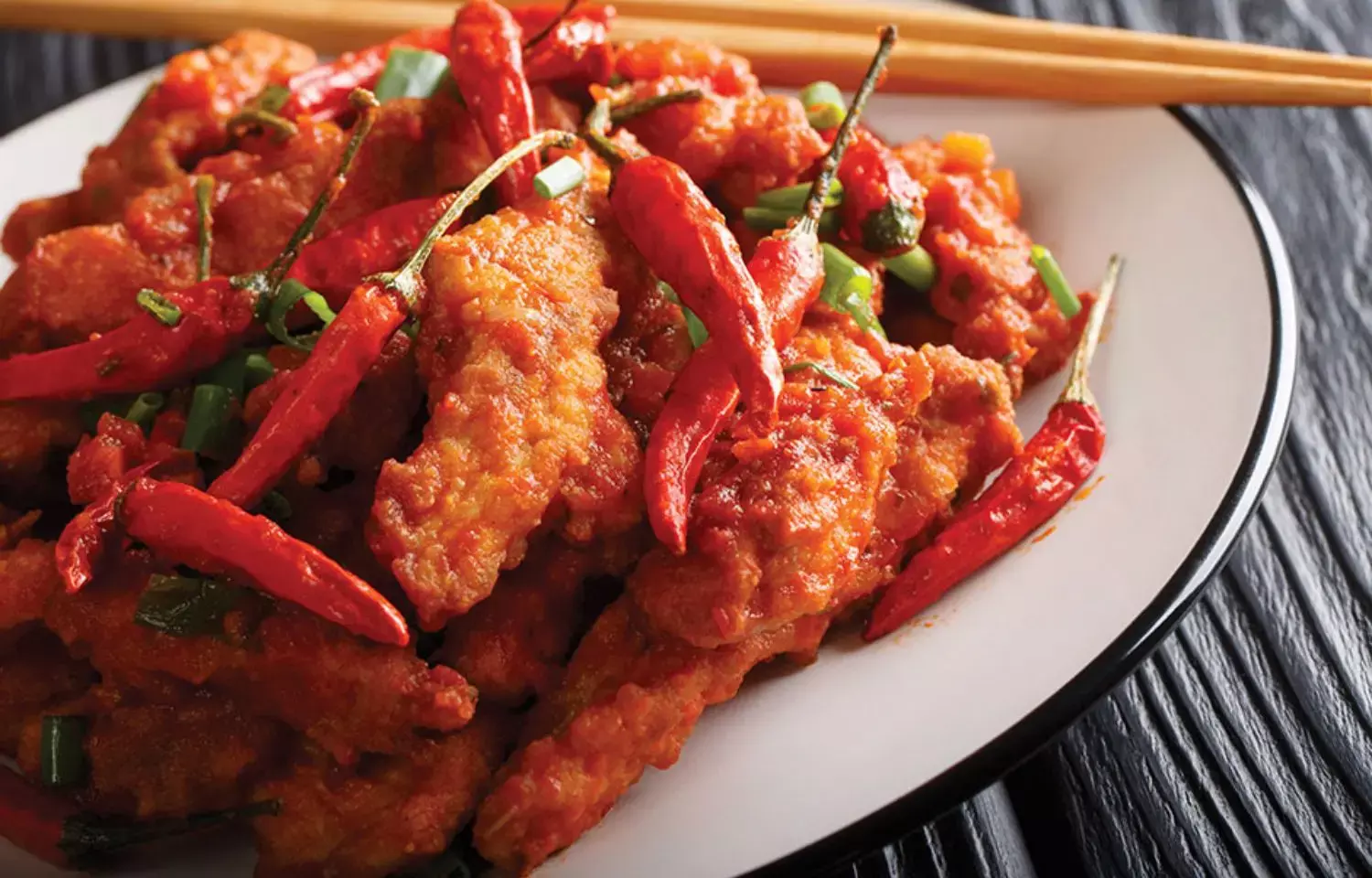- Home
- Medical news & Guidelines
- Anesthesiology
- Cardiology and CTVS
- Critical Care
- Dentistry
- Dermatology
- Diabetes and Endocrinology
- ENT
- Gastroenterology
- Medicine
- Nephrology
- Neurology
- Obstretics-Gynaecology
- Oncology
- Ophthalmology
- Orthopaedics
- Pediatrics-Neonatology
- Psychiatry
- Pulmonology
- Radiology
- Surgery
- Urology
- Laboratory Medicine
- Diet
- Nursing
- Paramedical
- Physiotherapy
- Health news
- Fact Check
- Bone Health Fact Check
- Brain Health Fact Check
- Cancer Related Fact Check
- Child Care Fact Check
- Dental and oral health fact check
- Diabetes and metabolic health fact check
- Diet and Nutrition Fact Check
- Eye and ENT Care Fact Check
- Fitness fact check
- Gut health fact check
- Heart health fact check
- Kidney health fact check
- Medical education fact check
- Men's health fact check
- Respiratory fact check
- Skin and hair care fact check
- Vaccine and Immunization fact check
- Women's health fact check
- AYUSH
- State News
- Andaman and Nicobar Islands
- Andhra Pradesh
- Arunachal Pradesh
- Assam
- Bihar
- Chandigarh
- Chattisgarh
- Dadra and Nagar Haveli
- Daman and Diu
- Delhi
- Goa
- Gujarat
- Haryana
- Himachal Pradesh
- Jammu & Kashmir
- Jharkhand
- Karnataka
- Kerala
- Ladakh
- Lakshadweep
- Madhya Pradesh
- Maharashtra
- Manipur
- Meghalaya
- Mizoram
- Nagaland
- Odisha
- Puducherry
- Punjab
- Rajasthan
- Sikkim
- Tamil Nadu
- Telangana
- Tripura
- Uttar Pradesh
- Uttrakhand
- West Bengal
- Medical Education
- Industry
Higher intake of spicy food associated with increased risk of cardiovascular disease: Study

China: Higher intake of spicy food, both in frequency and strength is tied to an unhealthy cardiovascular disease risk profile, and the association did not vary by diabetes status, states a recent study published in BMC Public Health. However, if the results are causal or not needs exploration in further studies.
Prior to the study, there was less clarity on the association of spicy food intake with cardiovascular disease (CVD) risk factors, particularly in diabetes patients. To get clarity on the association, Wei Sen Zhang, Guangzhou Twelfth People's Hospital, Guangzhou, China, and colleagues investigated the association of spicy foods intakes with CVD risk factors in older Chinese.
For this purpose, the researchers recruited thirty thousand three hundred twenty-five participants (72.34% women) aged 50+ years in the Guangzhou Biobank Cohort Study from 2003 to 2008. A face-to-face interview was conducted to collect information on spicy food intake and disease history. CVD risk factors were measured and treated as continuous variables. Diabetes was defined by a fasting plasma glucose (FPG) ≥7.0 mmol/L and/or self-reported physician-diagnosed diabetes.
The findings of the study were as follows:
· Of 30,325 participants, 12.9% consumed spicy foods regularly.
· After adjusting for multiple confounders, participants who consumed spicy foods for 5–7 days/week, versus none, had higher body mass index (1.18 kg/m2), waist circumference (2.80 cm), waist-to-hip ratio (0.010), systolic blood pressure (2.44 mmHg), diastolic blood pressure (1.94 mmHg), FPG (0.310 mmol/L), triglycerides (0.185 mmol/L), and lower high-density lipoprotein cholesterol (− 0.040 mmol/L).
· Similar results were found for the associations of spicy foods' strength with CVD risk factors. The results attenuated slightly but not substantially across diabetes groups.
The researchers concluded by saying, "our study showed that higher frequency and strength of spicy foods intake were associated with an unfavorable cardiovascular disease risk profile in older people," they further added that, "such associations did not vary by diabetes status."
"Whether the results were causal needs to be determined in further studies."
Reference:
Zhang, Y., Lu, Z.L., Zhang, W.S. et al. Association between spicy foods consumption and cardiovascular disease risk factors: Guangzhou Biobank Cohort Study. BMC Public Health 22, 1278 (2022). https://doi.org/10.1186/s12889-022-13697-6
Dr Kamal Kant Kohli-MBBS, DTCD- a chest specialist with more than 30 years of practice and a flair for writing clinical articles, Dr Kamal Kant Kohli joined Medical Dialogues as a Chief Editor of Medical News. Besides writing articles, as an editor, he proofreads and verifies all the medical content published on Medical Dialogues including those coming from journals, studies,medical conferences,guidelines etc. Email: drkohli@medicaldialogues.in. Contact no. 011-43720751


